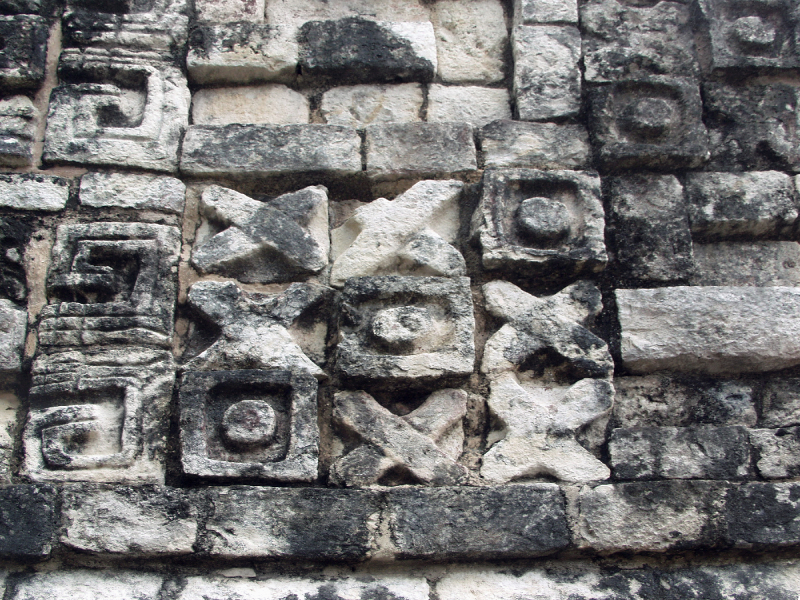 Checking Online Resources |
|
 Site Types Site Types |
|
|
Personal Home Pages - maintained by individuals. Individuals can post their resumes, link to favorite sites, showcase their interests and ideas. Some personal Web sites also serve as professional sites. Special interest sites - maintained by non-profit organizations or activists dealing with special issues, such as environmental concerns. Special interest sites are, by their nature, biased. When using such sources, your readers should be aware of the source's special interest. Professional sites - maintained by institutions/organizations, sometimes by individuals. They can include research, reference sources, fact sheets. Many institutions provide such services to the public. News and Journalistic sites (E-zines) - which include national, international news, online newspapers, magazines, and "homegrown" Web publications. Anyone can publish his or her own "news," on the Web. What do you know about, or what can you find out about, the reputation of the periodical? Is it an electronic version of a credible print publication? Commercial sites - Although many legitimate businesses have Websites, some are not legitimate. Companies, with good and bad reputations, are in the business of making money and acquiring and keeping customers. They are naturally biased in favor of their own products, so watch out for inflated claims for performance and quality. Companies will not showcase their competitors' products. Many entrepreneurs use "rented" Web space to create their own Web sites to sell their services or products - buyer beware! Some Common Domain Names .edu
- education sites There are other extensions, such as the abbreviation of a country, ie. .jp for Japan (Information above from http://classweb.gmu.edu/nccwg/webcritique.html (George Mason University webpage)
|
|
 Reliability Reliability |
|
| How trustworthy is the
information on this site? Do Activity #1 on the following webpage to see examples of the types of sites you may find for just one famous person: http://www.bcps.org/offices/lis/models/biog/credib.html How recent is the last website update? Are there "missing links" or other outdated connections? How credible are the authors or organizations who publish the site? Try the following test for credibility
for your site:
http://www.bcps.org/offices/lis/models/biog/images/reliascale.doc |
|
 Relevance Relevance |
|
| Does this site provide the
information your project needs? Is the site more fact or opinion? If opinion, are they trusted points of view for this project? Is the site material too challenging or too immature for your project? What type of audience is the site targeting? (age/purpose/occupation) Is the site mostly selling something or is it providing information? Are there links that connect you to further information you might need?
|
|
 Sample Sites: Sample Sites: |
|
| A. http://www.petroldirect.com/index.htm B. http://www.buydehydratedwater.com/ D. http://zapatopi.net/treeoctopus/
|
|
 So, Tell Me About Your Site: So, Tell Me About Your Site: |
|
| Directions: Cut and paste the following questions into a GoogleDoc document, answer the questions completely, and share the document with me. If you want help with analyzing your site, please share & discuss with your editing team members. __(Your Name)__'s ANALYSIS OF A WEBPAGE Web site name or topic: Web address: (you may cut and paste into this document) What does the domain abbreviation tell you?
Type of Site: (see list above)
Most recent update of site:
Status of links on site:
Reliability: After you have reviewed the site, tell how trustworthy the information on this site is:
Relevance: After you have reviewed the site, describe how well this site provided the information your project needs.
*Back to Potter Classroom Home
|
|